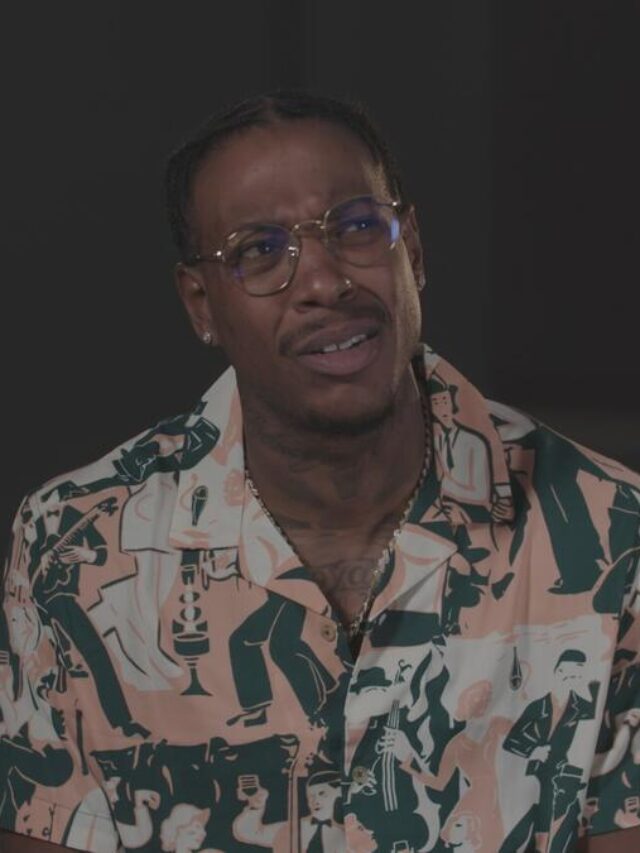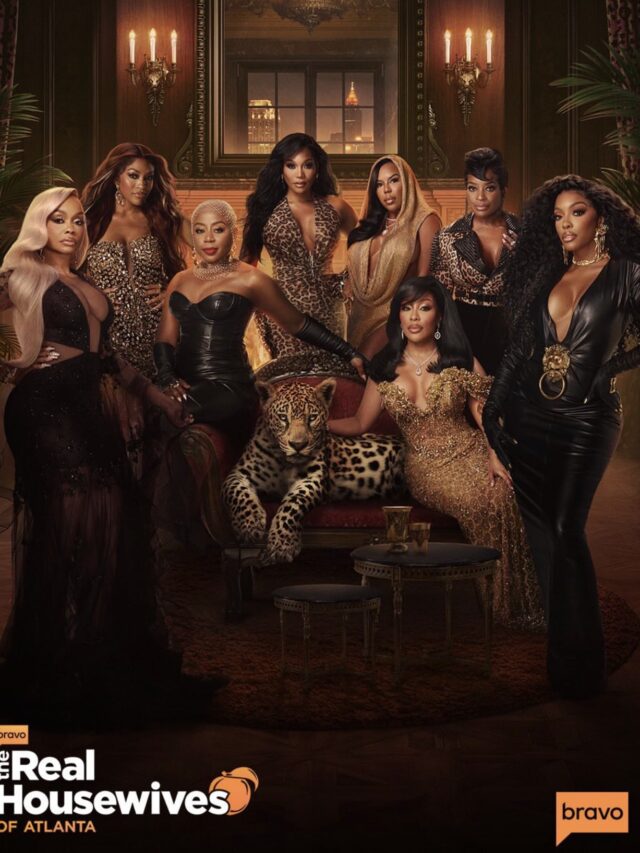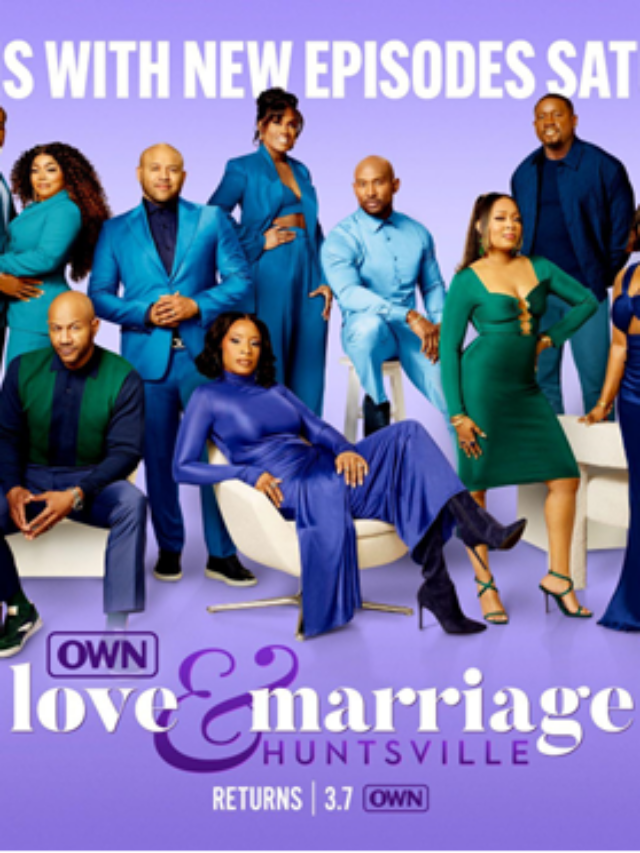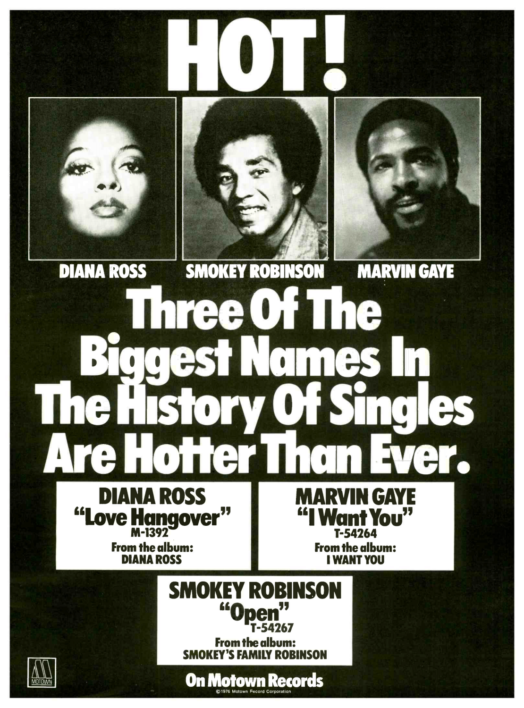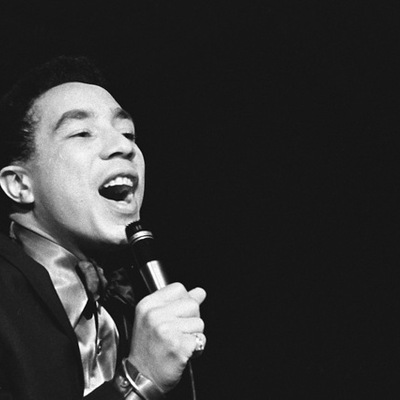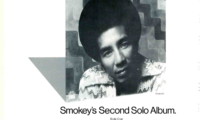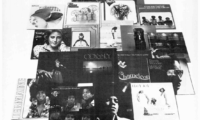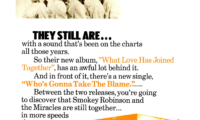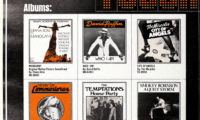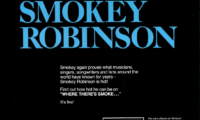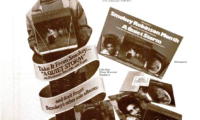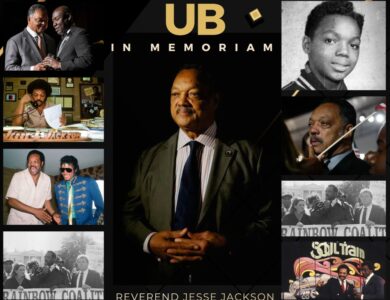UB Black Music Month Spotlight: The Genius of Smokey Robinson
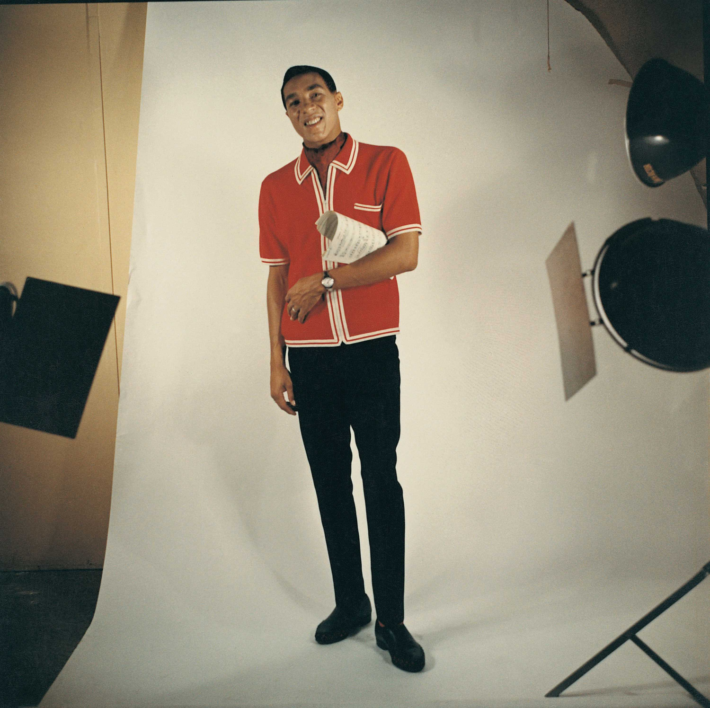
Today marks the first day of Black Music Month, UB‘s favorite month of the year! We have some great features and interview pieces coming this month, so stay tuned!
UB starts our month long celebration off, with someone who is black music, Smokey Robinson!
Smokey once recalled the night Berry Gordy, his boss and founder of Motown, gave him an unexpected wake-up call. Berry told a sleepy Smokey, “Hey man, get the group together and meet me in a hour. I can’t sleep because I’ve been thinking all night that we have to rerecord ‘Shop Around.‘ “Smokey‘s reply, “Hey man, it’s 3 a. m.”
If Berry hadn’t interrupted Smokey Robinson‘s dreams that night, he might have prevented his own dream of success from ever coming true. So Barry‘s closing remarks on the phone that evening were, “I don’t care what time it is. I already called the musicians. See you there.” Smokey reminisced how the musicians all showed up except for the piano player whose duties were then assumed by Berry. The tune “Shop Around” got a faster beat, sold a million copies, and made Berry‘s dream come true. After “Shop Around” (which Smokey wrote in five minutes) there was a succession of hits for him and the Miracles. Soon he was writing and producing other artists signed to Motown.
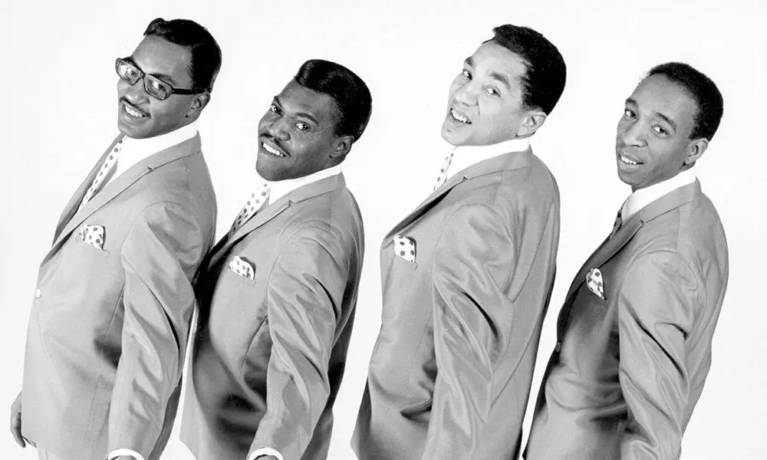
The legendary Rock and Roll Hall of Famer and Songwriter’s Hall of Famer, helped turn Motown Records into a world-wide sensation.
Smokey Robinson was the founder and front man for the group from its 1955 incarnation as The Five Chimes, then the Matadors and finally the Miracles, until 1972 when he stepped down from stage work to concentrate on his job as a Motown executive, but not before scoring a string of hits, starting with their first single, “Got a Job,” in 1959.
The group scored its first major hit the following year with “Shop Around,” the label’s first million-seller. Between 1960 and 1970, Smokey would produce 26 Top 40 hits with the Miracles, including the Top 10 “You’ve Really Got A Hold On Me,” “Mickey’s Monkey,” “I Second That Emotion” and the #1 hit, “Tears of a Clown.” Other notable Miracles songs included “Ooh Baby,” “The Tracks of My Tears,” “Going to a Go-Go” and “The Love I Saw in You (Was Just a Mirage).” With the 1965 album, “Going to a Go-Go,” the band’s name was changed to Smokey Robinson & the Miracles.
As a songwriter, Smokey also wrote or co-wrote Mary Well’s “My Guy,” the Temptations’ “The Way You Do the Things You Do,” ‘My Girl” and “Get Ready,” the Marvelettes’ “Don’t Mess with Bill” and “The Hunter Gets Captured by the Game” and Marvin Gaye’s “Ain’t That Peculiar.”
Smokey Robinson launched his solo career with 1973’s Smokey album, and soon scoring crossover smashes with “Cruisin’” (#4), “Being with You” (#2) and “Just to See Her” (#8), which earned Smokey his first Grammy Award, and “One Heartbeat” (#10).

Once pronounced by Bob Dylan as America’s “greatest living poet,” Smokey Robinson’s career spans over 6 decades of hits. He has received numerous awards including the Grammy Living Legend Award, NARAS Lifetime Achievement Award, Honorary Doctorate (Howard University), Kennedy Center Honors and the National Medal of Arts Award from the President of the United States.
Born and raised in Detroit, Michigan, Smokey Robinson founded The Miracles while still in high school.
“Well I chose Smokey [Robinson] because he’s my idol. I grew up listening to him and I pan my songwriting career after him. I studied his songs and he’s such a great love poet that it’s what I really wanted to do with my music as well. I wanted to touch people and make them feel love and to me Smokey was just that for me. We’ve known each other for years and this was the first time we actually got to go in the studio together and work, it was amazing!
I was a little intimidated because I was producing the record but he’s just so wonderful, so gracious, and such a brilliant man. I played him the song one time and he smiled; I was like you want me to play it again, you want me to play it on the guitar, he was like “no I got it”. He did and it was amazing; because of his influence in my career I wonder why we didn’t sing together a long time ago because our voices really compliment each other.”
– Teena Marie Shared with UB in 2006
 The Miracles dominated the R&B scene throughout the 1960’s and early 70’s and Smokey became Vice President of Motown Records serving as in-house producer, talent scout and songwriter.
The Miracles dominated the R&B scene throughout the 1960’s and early 70’s and Smokey became Vice President of Motown Records serving as in-house producer, talent scout and songwriter.
John Lennon of The Beatles made countless remarks regarding Smokey Robinson’s influence on his music. The Beatles had recorded Smokey and The Miracles’ “You’ve Really Got A Hold On Me” in 1963 and in 1982 another popular British group, The Rolling Stones covered the Robinson and the Miracles’ hit “Going To A Go-Go.”
He remained Vice President of Motown records until the sale of the company, shaping the label’s success with friend and mentor Berry Gordy. Following his tenure at Motown, he continued his impressive touring career and released several successful solo albums.
During the course of his 60-year career in music, Smokey Robinson has accumulated more than 4,000 songs to his credit and continues to thrill sold-out audiences around the world with his high tenor voice, impeccable timing, and profound sense of lyric. Never resting on his laurels, Smokey Robinson remains a beloved icon in our musical heritage.
More recent Smokey Robinson appeared on “Make It Better” from Anderson Paak‘s 2019 album “Ventura,” and Charlie Wilson‘s single “All Of My Love” in 2020.
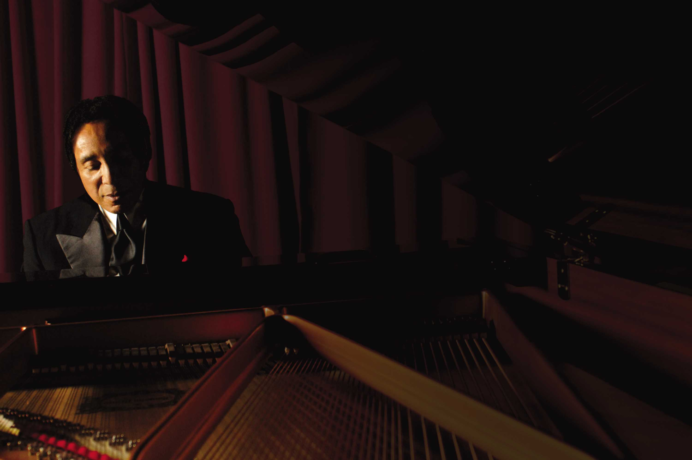
Some of Smokey Robinson’s Greatest Albums!
The Miracles, Greatest Hits From the Beginning:
This 1965 release, the first double album ever on the Tamla label, is more than a hits package: it includes several early singles otherwise unavailable on any Miracles album, and includes unique mixes of the tracks featured on other LPs. Among the highlights are “Shop Around,” “Who’s Loving You,” “You’ve Really Got a Hold on Me,” “Mickey’s Monkey,” the underground favorites “Would I Love You” and “Bad Girl,” as well as non-album singles “I Like It Like That” and “That’s What Love Is Made Of.” The album reached #21 on the Billboard pop charts and #2 on the R&B side.Smokey Robinson & the Miracles, A Pocket Full of Miracles:
One of three albums the group released in 1970, it peaked at #56 on the Billboard pop charts and went Top 10 on the R&B charts. Hit singles on the album include “Point It Out” and the Ashford & Simpson written-and-produced “Who’s Gonna Take the Blame.” Also included is “Darling Dear,” which spawned a beloved cover version by the Jackson Five.Smokey Robinson & the Miracles, The Season for Miracles:
This 1970 album, the group’s second holiday-themed collection, includes traditional Yuletide classics “Deck the Halls,” “God Rest Ye Merry Gentlemen,” “The Christmas Song,” “Jingle Bells” and “Go Tell It on the Mountain” with originals by Stevie Wonder, “I Can Tell When Christmas Is Near” and “It’s Christmas Time,” and Smokey’s own “I Believe in Christmas Eve.”
Smokey Robinson & the Miracles, One Dozen Roses:
This 1971 Tamla album features the Top 20 single “I Don’t Blame You At All,” and an alternate mix of the group’s chart-topping “The Tears of a Clown.” The album includes two other charting singles in “Satisfaction” and “Crazy About the La La La.”Smokey Robinson & the Miracles, Flying High Together:
This 1972 Tamla release was the last studio album by the Miracles with Smokey as their lead singer. It charted at #46 on the Billboard 200 album chart and featured two singles, including the aptly named “We’ve Come Too Far to End It Now,” which reached the #9 the R&B charts, and “I Can’t Stand to See You Cry,” which peaked at #21 at R&B. The release coincided with the group’s final nationwide tour, with Billy Griffin replacing Robinson, who left to concentrate on his duties as a Motown Vice President.Smokey Robinson & the Miracles, Going to a Go-Go:
This 1965 release is an indelible classic, one of the most focused albums of the Motown singles era, and was the first to change the group’s name to include Smokey as the headliner. It includes the Top 20 hits “Ooo Baby Baby,” “The Tracks of My Tears,” “My Girl Has Gone” and the title track. This was the only Miracles studio album to chart inside the Top 10 of the Billboard 200 chart, where it peaked at #8 and #1 on the R&B side. It was ranked #271 in Rolling Stone magazine’s list of the 500 greatest albums of all time.Smokey Robinson & the Miracles, What Love Has…:
A 1970 Tamla concept album consisting of six extended-length love songs, written by Smokey, Stevie Wonder, Berry Gordy-Frank Wilson-Brenda and sister Patrice Holloway, Burt Bacharach and Hal David, Marvin Gaye and John Lennon-Paul McCartney (“And I Love Her”), it reached #9 on Billboard’s album chart and, due to its too-brief appearance on CD, became one of the most coveted of the Miracles’ albums; the New Yorker referred to it in 2013 as “one of the rare jewels in the Motown label’s crown.” Its re-appearance on iTunes adds two previously unreleased bonus tracks, recorded during the album sessions but unavailable anywhere until now: “(You’ve Got Me) Looking Through The Eyes Of Love” and “Paper People.”
Smokey Robinson, Yes, It’s You Lady:
Released in 1982, the George Tobin-Mike Piccirillo-arranged album peaked at #33 on the Billboard 200 and #6 on the R&B charts. It features the singles, “Tell Me Tomorrow,” which went to #3 on the R&B charts, “Old Fashioned Love,” #17 on the R&B tally, and the title track.Smokey Robinson, Touch the Sky:
This 1983 Tamla album went to #50 on the Billboard 200 and #8 on the R&B charts, thanks to the singles “I’ve Made Love to You a Thousand Times” and the title track, which featured original Motown bassist James Jamerson. Added to this digital release are four songs included on a Smokey’s All The Great Hits collection in the summer of 1983, but were otherwise without an album release: the chart hit “Blame It On Love” (duet with Barbara Mitchell), “Don’t Play Another Love Song,” “Just A Touch Away” and “Just Like You.”Smokey Robinson, Essar:
This beautiful-sounding 1984 Tamla album climbed to #35 on the R&B charts and features the singles, “And I Don’t Love You” and “I Can’t Find.”Smokey Robinson, Smoke Signals:
This 1986 Tamla release featured the Top 15 R&B hit, “Hold on to Your Love,” as well as singles, “Sleepless Nights” and “Because of You (It’s the Best It’s Ever Been).”
Smokey Robinson, A Quiet Storm:
This 1975 release was one of the most acclaimed and lush-sounding soul albums of its time, as Robinson responded to the funk movement in black music with an album described as “stylish and mature,” spawning the term which gave birth to a radio programming format that still exists today. It also produced three hit singles, including “Baby That’s Backatcha” (#26 Pop, #1 R&B, #7 Dance), “The Agony and the Ecstasy” (#36 Pop, #7 R&B) and the title track (#25 R&B), as well as the Michel LeGrand co-write, “Happy,” a vocal version of the love theme from Lady Sings the Blues.Smokey Robinson, Where There’s Smoke…:
This 1979 solo album, best-known for the Top 10 hit single, “Cruisin’,” brought Smokey back on top. Critic Robert Christgau dubbed it Smokey’s best solo album, praising his “concise, smoldering romanticism.” The album charted at #17 on the Billboard Pop charts and #8 on the R&B side, while the single went to #4 at both formats.Smokey Robinson, Being With You:
His 1981 solo release went to #10 on the Billboard Top 200 Albums chart and #1 at R&B, certifying gold. The title track, which peaked at #2 Pop, was his highest-charting solo hit since leaving the Miracles. Robinson’s first wife, Claudette Robinson, contributed background vocals.
Some of UB’s Archived Smokey Robinson Promotion!
Take A Trip Down Memory Lane with The Legendary Smokey Robinson!

